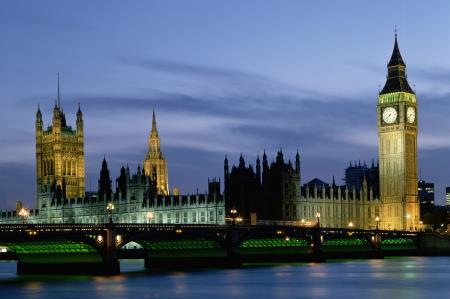Who is the best arbiter of your best interests? As a babies we lack any capacity to reason and therefore it is down to our parents to do their best to ensure our survival and our futures. Our genes predetermine this parental behaviour, which is what is meant by maternal or paternal instincts. As our capacity to reason develops we begin our struggle for independence. Often an unhappy time for both child and parents as their instinct to best serve our interests starts to conflict with our own developing sense of self interest. At some point we take control of our much our own interests, which is typically upon leaving the nest. Outside of this normative pattern the capacity of others to best serve our interests diminishes with diminishing kinship. That is to say; the less connected we are as family or friends the more we are likely to be serving our own interests rather than each others'.
How then is a representative democracy possible? Is it merely an oxymoron? Can a politician really have your interests at heart? Personally I don't think so. They are by nature representing their own interests, even if they earnestly believe they are trying to serve ours. Even if we manage to communicate to them our needs and desires we run into numerous problems.
- The representative is going to have to balance our needs and desires against the needs of desires of others they are representing.
- They have their own political ideologies, needs and desires that may and in my opinion almost without exception does conflicts with our interests.
- Party affiliations often demand that representatives follow the party line even if the representative is not in favour of the party line.
- The fact that one person is supposedly representing the interests of many makes them a target of powerful third party interests who are seeking to ensure that your interests are not represented. This can take the form of bribery, propaganda and even threats.
"In England, at this day, if elections were open to all classes of people, the property of the landed proprietors would be insecure. An agrarian law would soon take place. If these observations be just, our government ought to secure the permanent interests of the country against innovation. Landholders ought to have a share in the government, to support these invaluable interests, and to balance and check the other. They [branches of government] ought to be so constituted as to protect the minority of the opulent against the majority." [1]
Particular attention should be paid to the notion of protecting the interests of the minority of the opulent against the majority. Here James Madison is explicitly stating that the interests of the rich and powerful must trump those of the masses, fearful that democracy would lead to equality. Despite these horrific statements we should bare in mind that the founders were actually attempting to construct a comparatively more fair system for all than that of England at the time. They were however in fact elite, wealthy land owners and slave owners, and of course serving their own interests. This is the US 'representative democracy' in construction, but what they were in fact constructing was a tyranny over the masses with democracy for the rich. That system persists to this day, with our own British system now mimicking it almost entirely.
These points certainly demonstrate how wealthy people impose a class system upon us in which the further down the social order we are, the less participation in democracy we are afforded, for the explicit purpose of serving their interests, even if they believe they are serving ours.
For me, I don't think that there is any such thing as a representative democracy, because representatives do not and cannot represent us. I do think the term is at best an oxymoron if not an outright term of propaganda.
What do you think?
References
[1] Notes of the Secret Debates of the Federal Convention of 1787, Taken by the Late Hon Robert Yates, Chief Justice of the State of New York, and One of the Delegates from That State to the Said Convention, http://avalon.law.yale.edu/18th_century/yates.asp

No comments:
Post a Comment